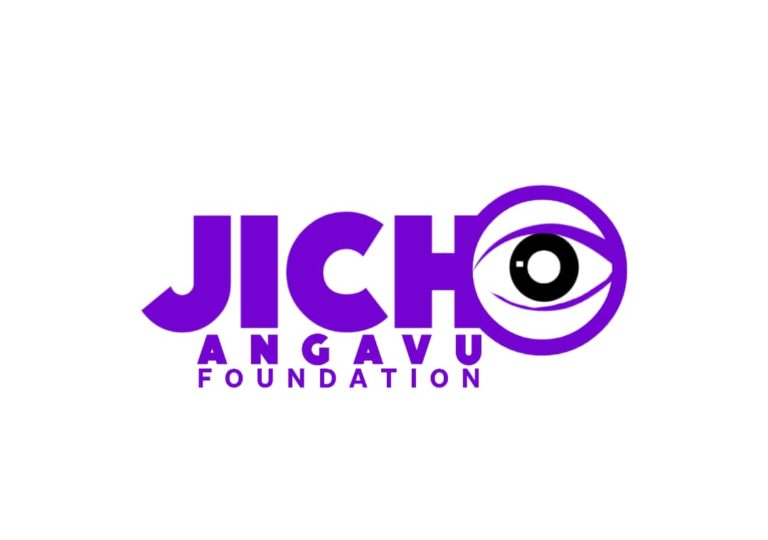
Jicho Angavu Foundation – JAF
Joined November 2017
The organization is working in Tanzania, Coast Region in Kibiti District. The organization is Providing Legal Aid Education and Women Empowerment, through community engagement and empowerment.
Jicho Angavu Foundation- JAF, Jicho Angavu is a Swahili term which means ‘Bright Eye’ is registered Non-Governmental Organization (NGO) with registration No. 00NGO/0009037 under Non-Government Act 2002. It was established on September 1, 2016, with founding members 25 youths who were
Paralegals residing in Kibiti District, Coast Region among them 13 were young women and 12 young men on February 15, 2017, the organization was officially registered under the Ministry of Healthy, Community Development, Gender, Elders and Children to operate within Tanzania Mainland. Currently, the organization has 13 registered active members (paralegals) 8 being young women and 5 men.
The motives behind the establishment of the Jicho Angavu Foundation was due to increased cases of pregnancies of young school girls, school dropout and poor performance of girls, gender-based violence, land conflicts and illiteracy among community members.
Project implemented by Jicho Angavu Foundation – JAF
Since its establishment, the organization has had an ongoing project funded by Legal Service Facility-LSF, the project named Improving Access to Legal Aid Services for marginalized, especially older Women and Children in the Coast Region which will end September 2020. The project was implemented in 10
wards under contract number CELG/2016/SUBCALL5/009.
1. With regard to the provision of free legal education to the community, the organization has been able to reach 77531 people including 31820 women and 4571 men.
2. From 2018 to 2020 the organization successfully received a total number of 1,320 cases 842 for women and 478 for men, among them 723 was successfully solved and 481 were appealed to various institutions, including Social Welfare, Religious Councils, Police, Court, County Councils and Clan Councils. 116 cases were not mediated because the parties did not return to the office after a date has been set aside and others did not show direct cooperation during
